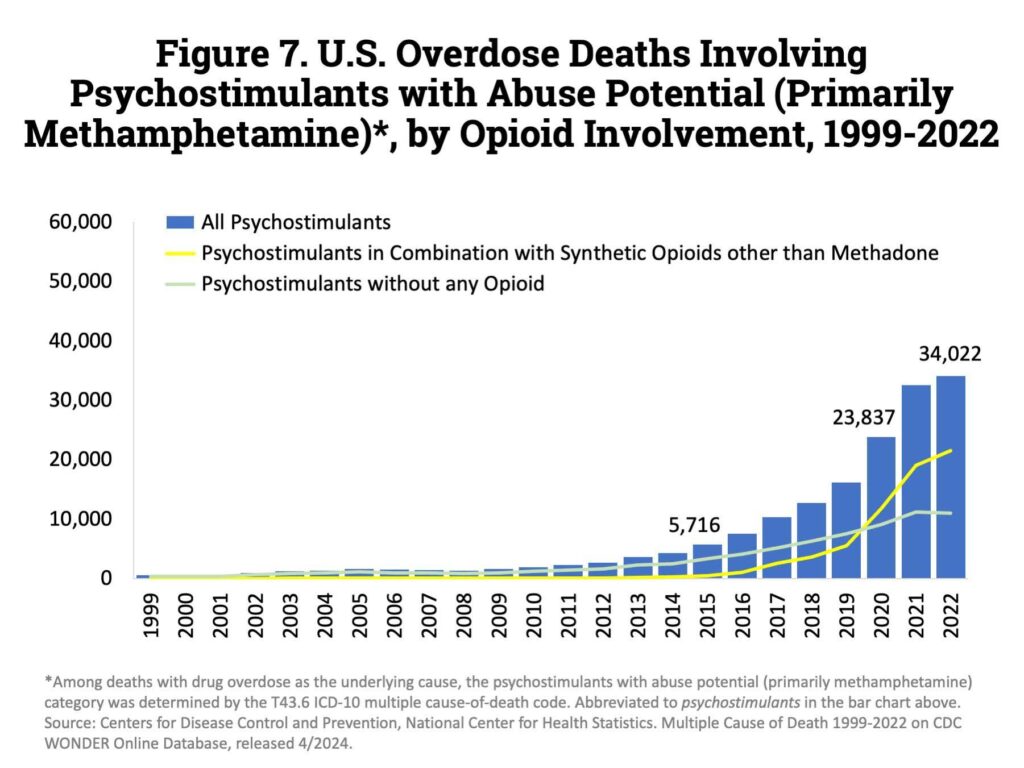In the labyrinth of modern health concerns,a silent threat lurks within our veins,waiting to strike when least expected.Blood clots, those microscopic time bombs, have become a crescendo of medical alarm, with cardiologists now sounding a urgent warning that could mean the difference between life and potential catastrophe. Tucked away in medical journals and whispered in clinical corridors, there’s one critical behavior that medical professionals are desperately urging people to reconsider—a seemingly innocuous habit that could be inadvertently setting the stage for a perilous cardiovascular scenario.As heart health becomes increasingly complex in our sedentary, stress-laden world, this revelation might just be the key to understanding how we unknowingly compromise our body’s intricate circulatory system. In the realm of cardiovascular health, medical professionals are sounding a critical alarm about a seemingly innocuous daily habit that could be silently putting millions at risk. The culprit? A common lifestyle choice that dramatically increases the potential for dangerous blood clots, perhaps leading to life-threatening conditions like deep vein thrombosis and pulmonary embolism.
Prolonged periods of inactivity are emerging as a significant threat to cardiovascular wellness. Whether you’re working a desk job, binge-watching your favorite series, or spending hours commuting, extended sedentary behavior creates a perfect storm for blood clot formation. The human body is designed for movement,and when muscles remain inactive,blood circulation slows dramatically.
Medical research consistently demonstrates that individuals who sit for more than eight hours daily have a 15% higher risk of developing blood clots compared to those maintaining regular physical activity. The mechanism is straightforward yet alarming: When legs remain stationary, blood pools in the lower extremities, increasing the likelihood of clot advancement.
Experts recommend implementing simple interventions to mitigate this risk. Periodic movement breaks, even as short as five minutes every hour, can significantly improve blood circulation. Walking, stretching, or performing basic leg exercises can jumpstart your body’s natural blood flow mechanisms and reduce clotting potential.
Compression stockings offer another preventative strategy,especially for individuals with limited mobility or those at higher risk. These specialized garments apply gentle pressure to leg muscles, promoting better blood circulation and reducing the chances of clot formation.
Additional risk factors include age, obesity, smoking, and certain medical conditions.People with a family history of blood clots or those taking hormonal medications should be especially vigilant about maintaining an active lifestyle.
Hydration plays a crucial role in preventing blood clots. Drinking adequate water helps maintain blood viscosity and supports optimal circulation. Medical professionals recommend consuming at least eight glasses of water daily and avoiding excessive caffeine and alcohol consumption.
For individuals with sedentary occupations, investing in standing desks or implementing structured movement routines can be game-changing. Simple strategies like taking phone calls while walking, using stairs instead of elevators, or scheduling brief walking meetings can make significant differences in cardiovascular health.
The message is clear: Movement is medicine. By understanding the risks associated with prolonged sitting and taking proactive steps to maintain physical activity, individuals can significantly reduce their chances of developing potentially dangerous blood clots.






